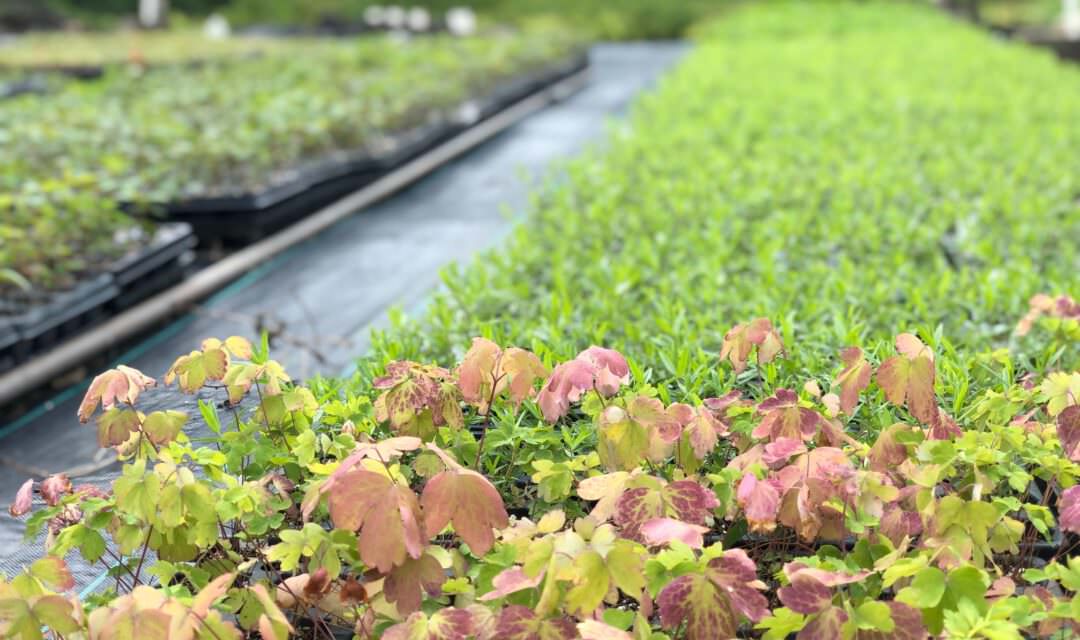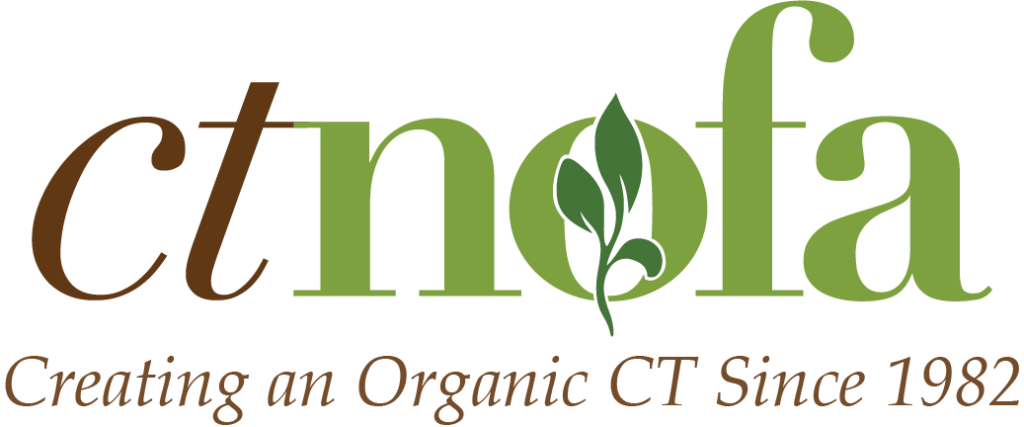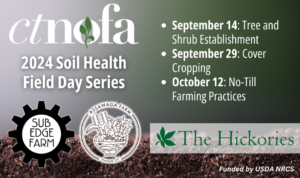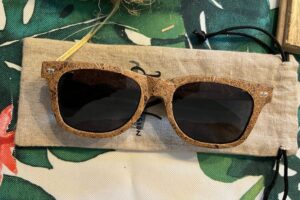Announcing Eco59: a new Connecticut farmer-led seed company inspired by Pollinator Pathways and CT NOFA’s Ecotype Project

Pollinator enthusiasts, regenerative gardeners, and conservationists can now find a source of locally grown, native, ecotypic wildflower seeds: a much-awaited contribution to our northeastern ecosystem. It is a good season for it: early winter holidays are the perfect time for sowing native wildflowers.
Eco59: a farmer-led seed collective has launched its first season of sales. Catalyzed by the work of the Pollinator Pathways and CT NOFA’s Ecotype Project, a group of farmers have been working together, learning to grow a new crop: seeds of regionally appropriate wildflowers, called ecotypes, for pollinator habitat restoration. The new seed company seeks to build a “triple bottom line”: seed that is good for the pollinators and the planet, profitable for farmers, and adds to the beauty of our landscape. Profit from the sales of Eco59 goes to fund conservation work across our ecoregion.
Dina Brewster, farmer at The Hickories and a member of the Eco59 seed collective notes, “An important part of the Eco59 mission is to heal a broken landscape. The systematic displacement of people, the destruction of the environment, and the consequent loss of abundance around us is a direct result of not honoring the relationship that indigenous people of this area had with land. I view our work, growing ecotypic seed to restore native plants in the northeast, as a reminder of all that has been lost and all that we must work to restore.”

After three years of tending their crops of perennial wildflowers, Eco59 farmers have now harvested, cleaned, tested, and packaged their seeds for sale to “re-wild” the landscape of ecoregion 59, a broad swath of the New England corridor championed by the Pollinator Pathway, the Massachusetts Pollinator Network and other like-minded groups. Rewilding is a term used extensively by Heather McCargo at Maine’s Wild Seed Project, another organization whose goal is to inspire people to take action in increasing the presence of native plants grown from wild seed. McCargo’s work, in addition to the writing of Doug Tallamy and John Marzluff, motivates the farmers in this collective. “Having a pesticide free corridor of native plants that provide nutrition and habitat for pollinators helps them to disperse into new areas and will improve the overall health of the farm and local ecosystem,”says Patrick Horan of Waldingfield Farm in Washington, Connecticut.
You can shop for seed, gifts, and read about the participating farmers on the Eco59 website: eco59.com. Each seed packet details where the original ecotype was collected (city and state) and which farm and farmer grew it. “Know your farmer; know your seed; know your land. We promote transparency in seed packaging and in growing practices: something we encourage gardeners and conservationists to be asking about more often through our educational outreach,” says Sefra Alexandra, CT NOFA’s Ecotype Project leader.
Early winter is the perfect time to winter sow native seed – instructions for growing are inside each order as well as on the Eco59 website. In addition to the seed packets, the farmers are producing “seed bombs,” a dozen quail-egg sized balls made of clay and soil infused with a pinch of wildflower seed, for sowing “here, there, and everywhere.” Customers interested in larger quantities of seed for larger-scale restoration projects should contact the seed company directly through the website: eco59.com.

Recent Posts
CT NOFA Announces 2024 Slate of Soil Health Field Days
Beginning in late summer, CT NOFA will host three field days centered on soil health…
Read MoreCT NOFA Board Member, Freedom Gerardo, Featured on New Hampshire Public Radio
CT NOFA board member, Hector “Freedom” Gerardo, was recently featured on New Hampshire Public Radio’s…
Read More

